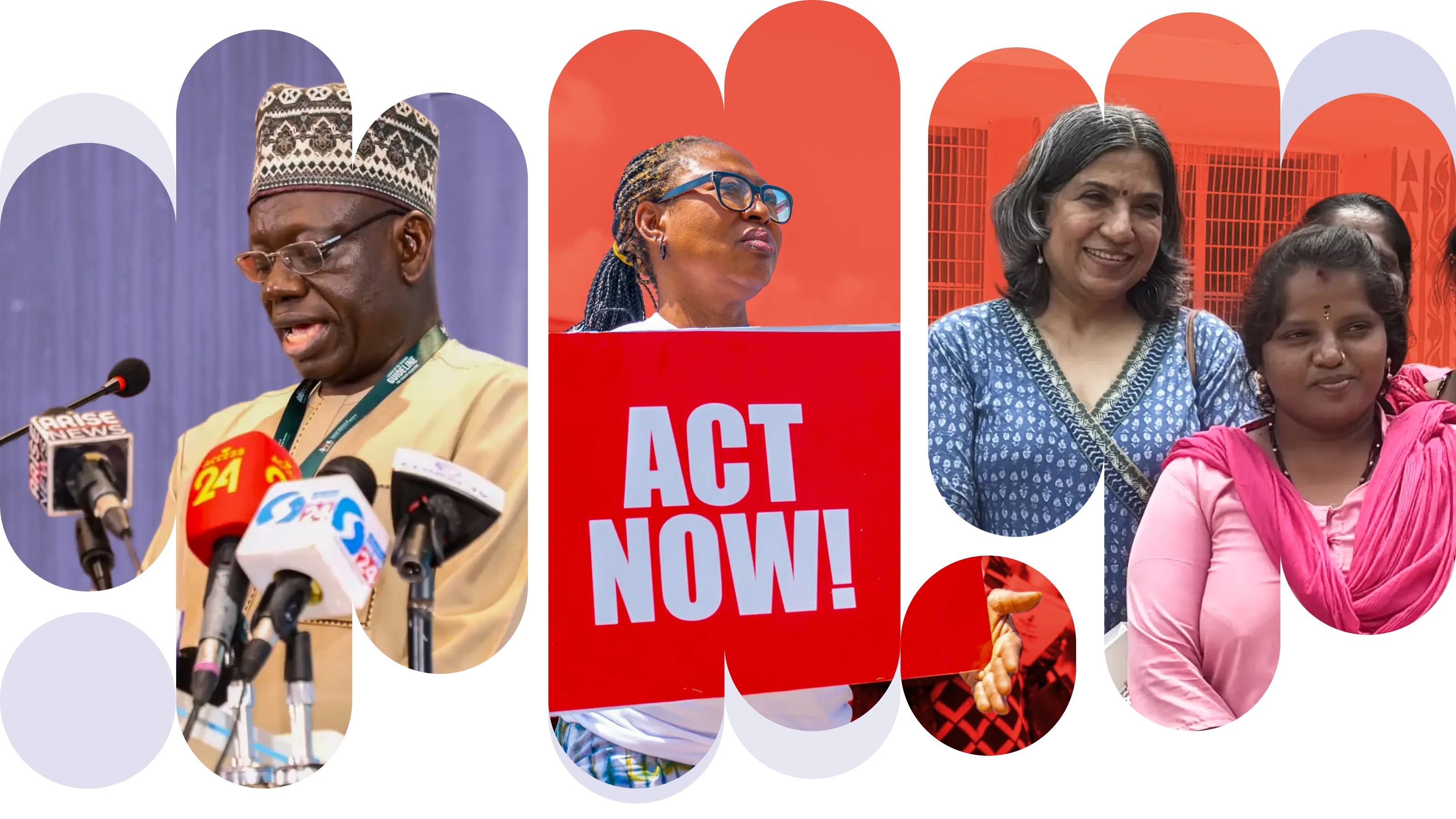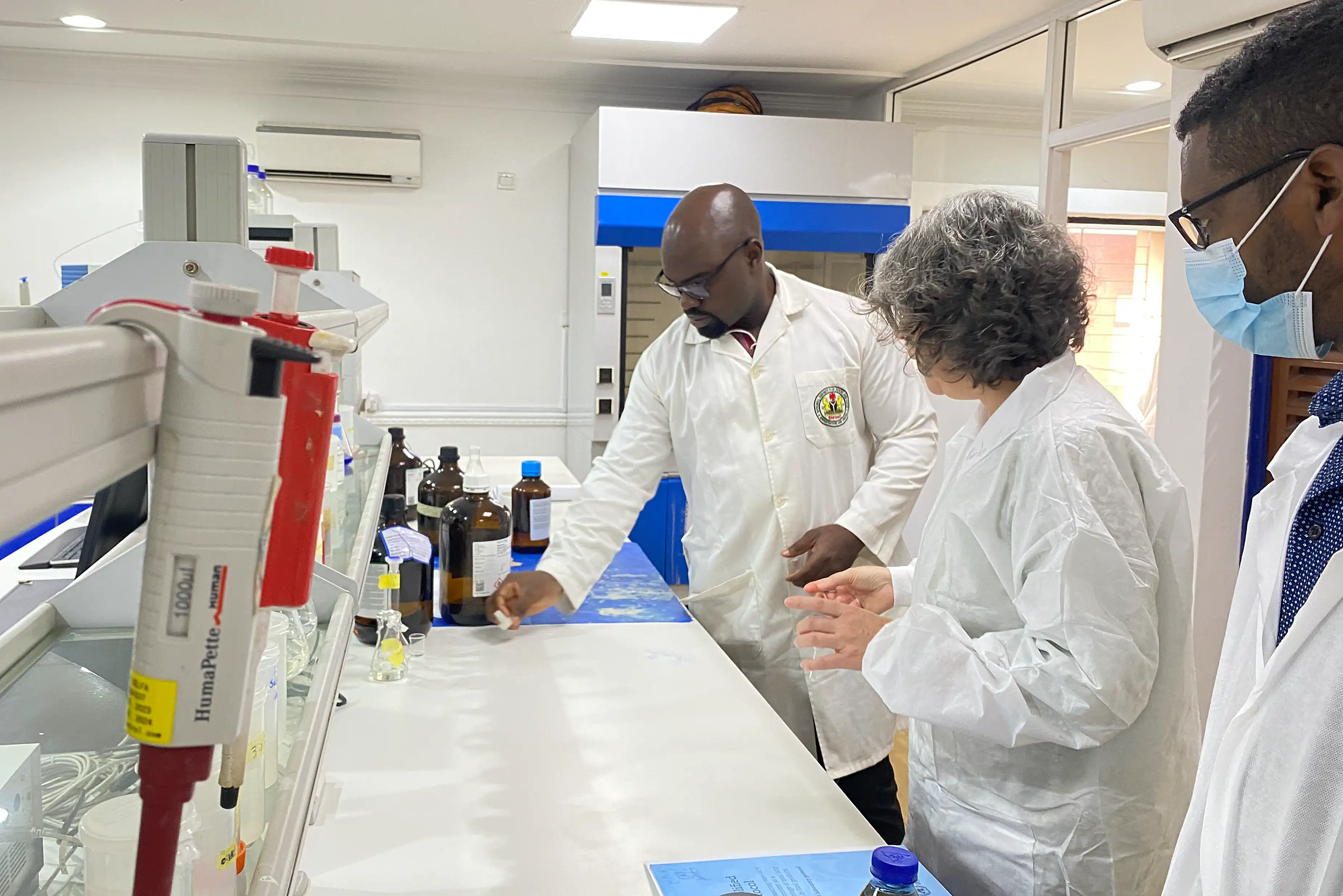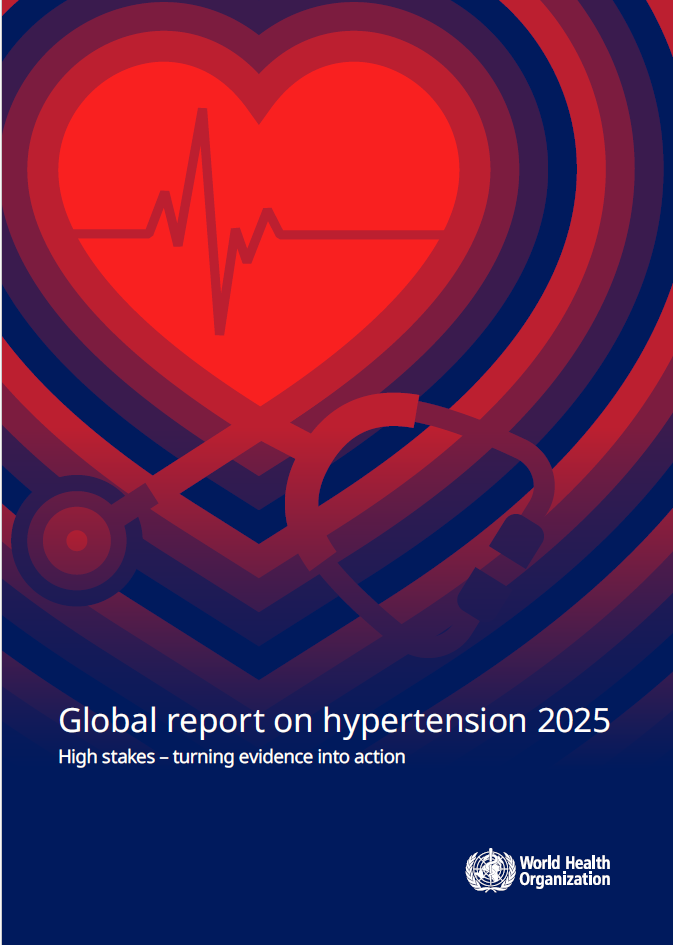In partnership with Resolve to Save Lives, Nigeria’s Federal Ministry of Health and Social Welfare unveiled a bold new strategy to strengthen collaboration toward preventing premature deaths from heart disease and other non-communicable diseases, which currently account for 27% of all deaths in Nigeria—close to 447,800 lives every year.
Government officials, health care professionals, researchers, development partners and civil society organizations came together in Abuja on Thursday, August 22 during a launch event unveiling new policies aimed at improving hypertension control, discouraging tobacco use and promoting healthy diets, endorsed by Nigeria’s 64th National Council on Health.
Speaking at the launch event, Nanlop Ogbureke, Executive Director of Resolve to Save Lives Nigeria, emphasized our commitment to action to address the burden of NCDs in the country and commended the Nigerian government for serving as an example for other countries in developing impactful policies and partnerships. More details about the event and Nigeria’s new health policies are available here and here.
Resolve to Save Lives’ local team in Nigeria has been working closely with the Nigerian government at the national, state and community levels to kick-start public health programs to reduce the burden of heart disease, including by, eliminating artificial trans fat from the food supply, reducing dangerously high sodium intake, and transforming the way high blood pressure—the leading risk factor for heart disease—is managed through primary care.
The Nigeria Hypertension Control Initiative (NHCI), like its peers in India, Bangladesh, and a growing number of visionary nations worldwide, is taking on the world’s biggest—and most preventable—health challenge, in partnership with Resolve to Save Lives. Launched in 2020, NHCI is a collaborate effort to expand access to life-saving treatment for high blood pressure involving the Federal Ministry of Health and Social Welfare, the National Primary Health Care Development Agency, the World Health Organization, Kano and Ogun State Governments.



